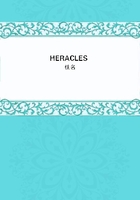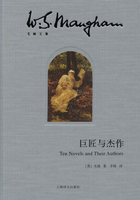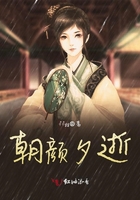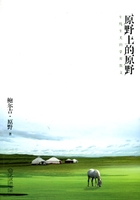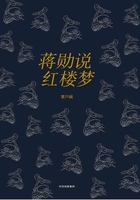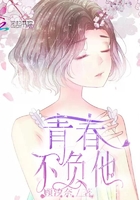In a society, in which the interests of the family constantly prevail over those of the individual (and such is certainly the case in all patriarchal societies, and amongst them the Russian), there is no room for marriages contracted by the mutual consent of the young people. I do not mean to say that Russian parents, whose duty it is to find suitable matches for their sons and daughters, never take into account the feelings of those they intend to unite. I wish only to impress on you the idea that they are not obliged to do so by custom. On more than one occasion Russian customary courts have plainly expressed the opinion that a marriage contract concluded by the bride's father with that of the future husband is a legal act, for the infringement of which amends ought to be made by the restitution to the party wronged of the loss he or she may have sustained.
The clergy very early endeavoured to put an end to the arbitrary manner in which parents disposed of their children's future, but the force of custom and the feeling that supported it were so strong that the only measure which the ecclesiastical statute of Jaroslav (XIth century) introduced for the protection of the freedom of marriageable children was the one by which a fine which went to the bishop was inflicted on the parents of a daughter who, after a marriage contracted against her will, had committed suicide.
The country people still believe that a marriage without the parent's approval will call down the wrath of Heaven on the heads of the young couple. This moral sanction, the right of parents to decide the future of their children, has received from the customary law of Russia the support of a penalty in case of disobedience; the son and daughter who conclude a marriage without consulting their parents, lose all rights to inheritance and dowry.
According to modern Russian law, marriage is a religious act;it cannot be performed without the help of the Church, and is regarded as a sacrament. But such is by no means the light in which the country people look on it, nor was it the view of the old Russian law. For many centuries the Russian clergy had to fight against the inveterate custom of our lower classes to contract unions without the sanction of the Church. The young couple saved the expense of a religious ceremony and thought their union legally established as soon as they were publicly joined to each other in the presence of the community, which was invited on the occasion to a sort of festival called the vesselic. No later than the end of the sixteenth century an assembly of Divines convened by Ivan the Cruel entered a strong protest against the custom which everywhere prevailed of omitting the religious consecration of the marriage tie, and strong measures were in consequence taken against those who did not comply with the requirements of the clergy. All, however, failed, and marriage remained in the eyes of the common people nothing more than a sort of civil contract, entered into in the presence of the community as a sign of its recognition and sanction.
That such generally was, and still is, the prevailing opinion of the Russian peasant may be seen from the following facts.
Among the Cossacks of the Don, not more than a century ago, people, as a general rule, were joined in marriage in the following way: The young couple, after previous agreement, went to the popular assembly of the village, or stanitza, this assembly being known by the name of Majdan, and declared that they had made up their minds to become husband and wife." Be my wife," said the bridegroom to the bride. "Be my husband," she answered. "So be it," chanted the assembly. "We wish you good luck and happiness."(1*)On the Don the absence of a religious ceremony may, to a certain extent, be explained by the scarcity of priests; but such is by no means the case in those provinces which were annexed to Muscovy in the middle of the seventeenth century, after ages of political dependence on Poland. I refer to the Governments of Kiev, Tchernigov, and Poltava, which constitute what in our days is known under the name of Little Russia. It is, therefore, very interesting to find that in those provinces the religious consecration of marriage is still considered by the peasants as a superfluous ceremony. Matrimonial life begins here after the nuptial festival, the "vesselic," and weeks may pass before the couple find it necessary to be married at church. Facts of the same description have been noticed by Madame Efimenko in the extreme north of Russia, in the Government of Archangel, occupied by colonists from Great Russia.



